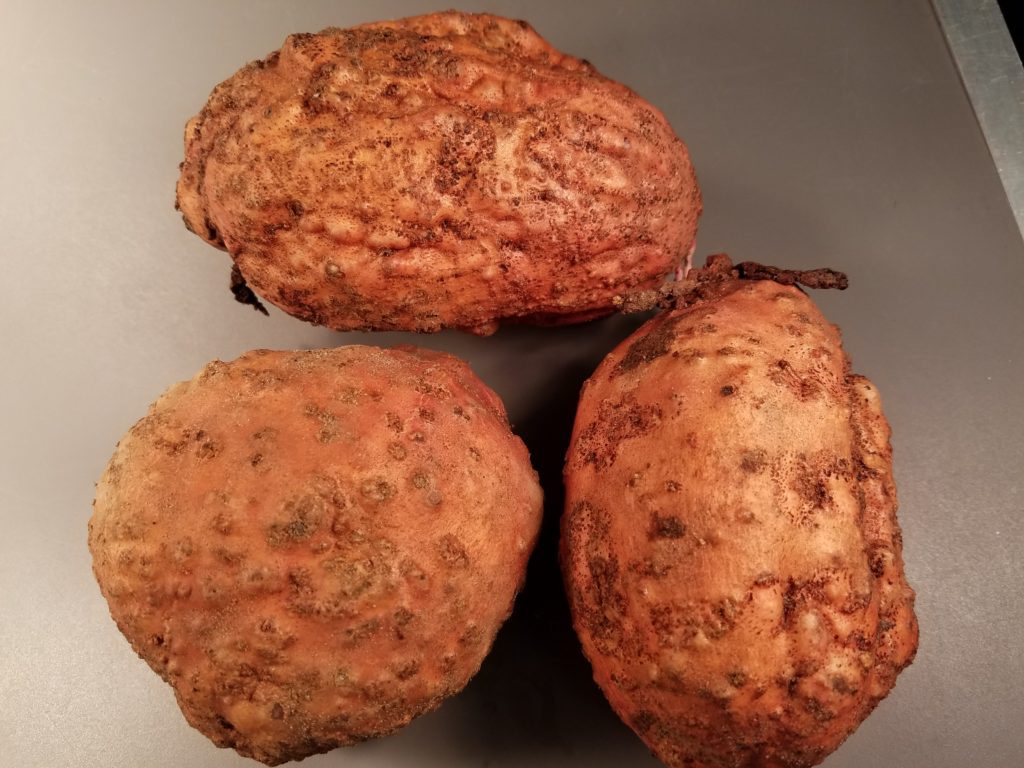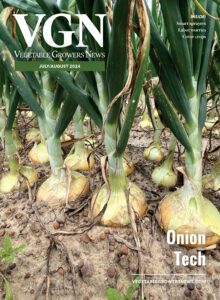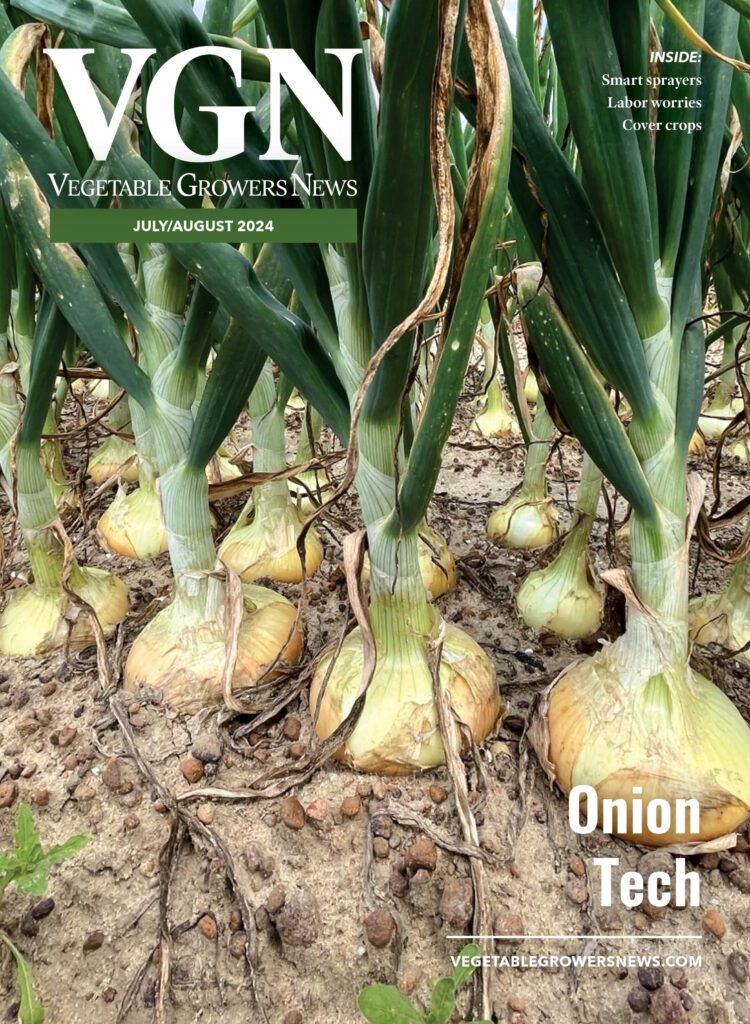Dec 17, 2021Group studies invasive nematode harmful to sweet potatoes
A team of LSU AgCenter researchers, along with those from four other universities, have been awarded a U.S. Department of Agriculture National Institute of Food and Agriculture grant of more than $5 million to develop sweet potato varieties resistant to the invasive guava root-knot nematode.
The AgCenter team, spearheaded by nematologist Tristan Watson, received a sub-grant for $990,337 to support research on sweet potato breeding and characterization of resistance mechanisms and associated genes as well as extension of research findings to regional and national stakeholders. The funds were awarded as part of the NIFA Specialty Crop Research Initiative.
“Root-knot nematodes are particularly damaging to the sweet potato,” Watson said. “The overall goal of this project is to provide Louisiana sweet potato growers effective tools for the management of established and emerging root-knot nematode species.”
The AgCenter research team will be in charge of a series of sub-objectives, with the expected outcomes of:
- Creating factsheets on root-knot nematode management.
- Management strategies to mitigate the threat of both types of root-knot nematodes (Meloidogyne enterolobii and Meloidogyne incognita).
- Resistance for both identified nematode species and diagnostic markers for marker-assisted breeding.
- Developing new germplasm and varieties with pyramided resistance to both root-knot nematodes as well as superior agronomic traits.
- Drafting reliable Meloidogyne enterolobii management recommendations that meet the needs of growers, the processing industry and consumers.
- Improved understanding of sweet potato root architecture and storage root development in response to nematode parasitism.
“Although this project has just begun, our preliminary data are very promising,” Watson said. “We have already identified genotypes with resistance to both nematode species in the AgCenter’s sweet potato breeding program. Our next step is to characterize resistance mechanisms and begin developing commercially acceptable new varieties.”















